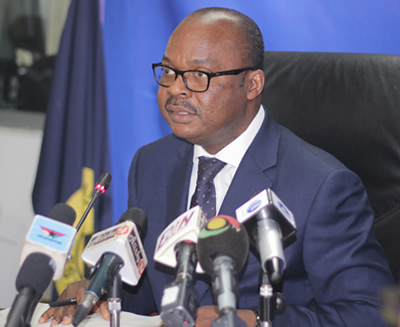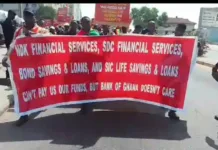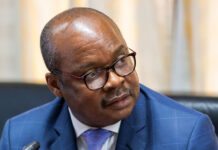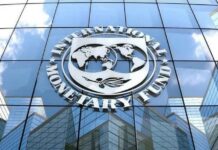
The Bank of Ghana Governor, Dr. Ernest Addison has waded into the conversations calling for capping on borrowing by government.
This comes on the heels of growing concerns about Ghana’s mounting public debt situation.
Dr Richmond Atuahene, a Banking and Corporate Governance Consultant, and other economists alike have urged Parliament to place a cap on borrowing in the Constitution to prevent the borrowing spree that has led the country into the economic quagmire it finds itself in.
“The failure to quickly establish a debt limit will result in the current situation repeating itself over and over again in the future and it is about time the country follow in the steps of Kenya and Germany by establishing a debt limit,” he suggested.
Adding his voice to the raging debate, the BoG Governor told reporters he supports discussions on capping borrowing saying the policy is normal in other jurisdictions.
“I think this is something that could be looked at. If you look at the European Union, they had a criteria which had a debt-ceiling. And in our own convergence discussions with the West African common currency, we were discussing a debt-ceiling, so it is not unusual to set caps for attaining certain objectives. If Ghanaians think we have reached a point where we can cap debt, the debate can be had and we will look at the pros and cons of that type of decision,” he said during an interaction with the press in Accra last Thursday.
The World Bank has classified Ghana as a high debt distress country as it projects the nation’s debt to Gross Domestic Product (GDP) of 104.6 per cent by the end of 2022.
According to its October 2022 Africa Pulse Report, Ghana’s debt was expected to jump significantly, from 76.6 per cent a year earlier, amid a widened government deficit, massive weakening of the cedi, and rising debt service costs.
It is also forecasting debt to GDP of 99.7 per cent and 101.8 per cent of GDP in 2023 and 2024, respectively.
The size of Ghana’s economy is estimated at about $72 billion, whilst it is expected to spend about 70% of revenue this year to service its debt.
The most recent IMF debt sustainability analysis, conducted in 2021, found Ghana at a high risk of debt distress and vulnerable to rising debt servicing costs.
Meanwhile, an IMF mission concluded a second round of negotiation with the West African nation for a bailout program on Friday, October 7, 2022.
“We had constructive discussions on policies aimed at restoring macroeconomic stability and laying the foundation for stronger and more inclusive growth”, said Mr Stéphane Roudet, the IMF Mission Chief to Ghana, at the end of the meeting.
The team said it will return to Washington, D.C. to “advance its technical work”.




